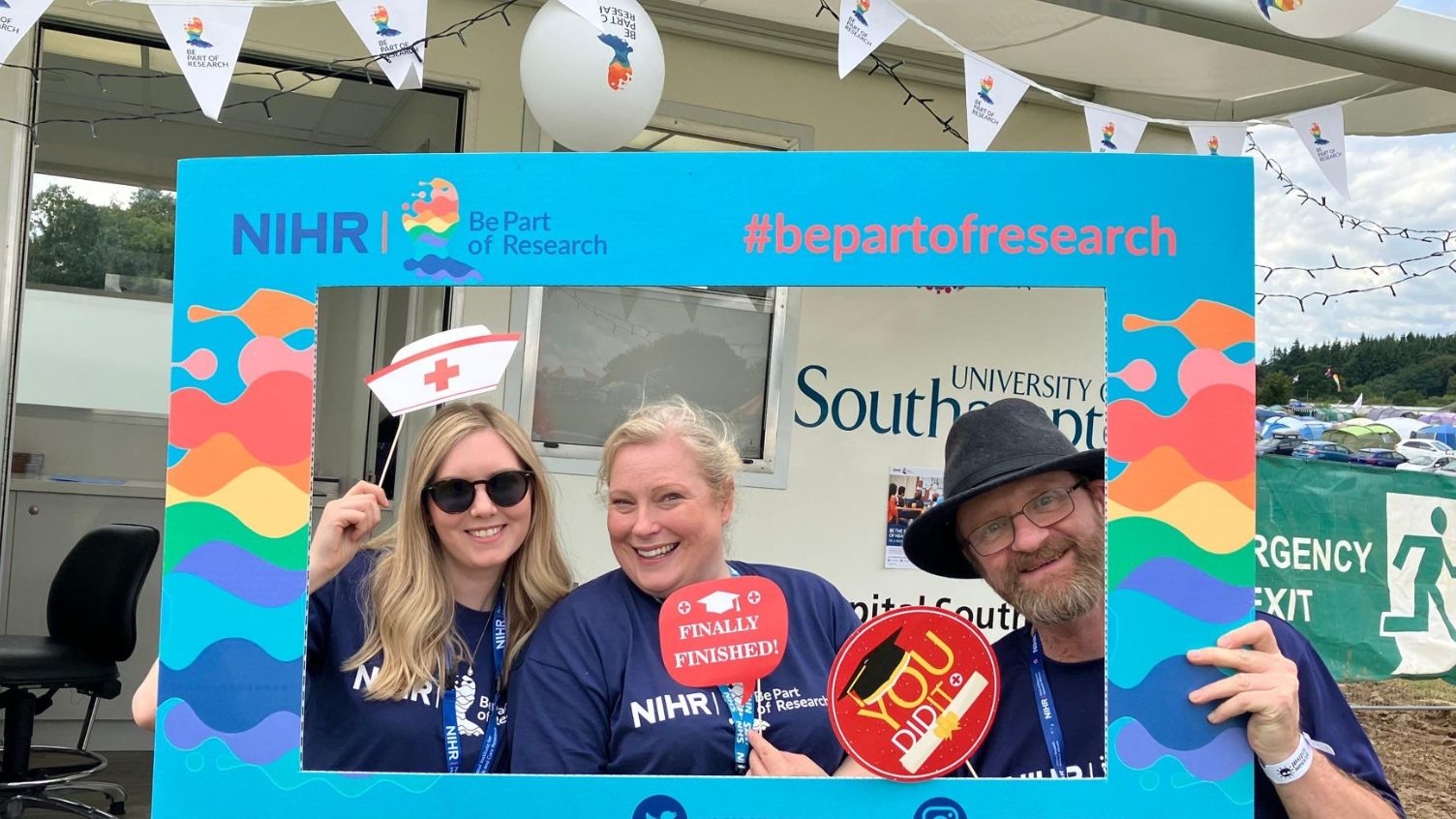Restarting research from a distance at Sheffield Children’s Hospitals
- 9 December 2020
- 2 min read
A research team in Sheffield tells us how they were able to keep young patients and their families safe as they travelled across the country to take part in a diabetes study.
Restarting research from a distance
Earlier this year, many non-Covid-19 health and social care research studies were paused to support the NHS during the pandemic. The NIHR published a framework in May to support the re-opening of suspended studies and allow new studies to open.
A team of researchers at Sheffield Children's NHS Foundation Trust were able to launch the PROTECT study as part of the restart process, making them the only UK site open to recruitment at the time.
The PROTECT study is looking at how well an investigational medicine works in children aged 8-17 who have been recently diagnosed with Type 1 diabetes. Participants in the study receive an IV infusion daily for a period of 12 days on two separate occasions, 6 months apart.
Sheffield Children's NHS Foundation Trust was the only site in the UK able to open to recruitment once the restart process began, and the team managed to recruit four participants, despite initially aiming for just one.
As the study was only available in Sheffield, a number of participants had to travel from out of the area to take part, with some patients travelling from as far South as London and Hampshire to enroll in the study. Stuart Gormley, a Nurse Manager at the Clinical Research Facility, described how this presented challenges for the team:
"When you're recruiting patients into a trial during a pandemic - and out of area patients too - that takes extra work trying to build relationships with families because you've never met before and you've only got a short period of time to do it."
The team also had to take extra steps to ensure that participants were kept safe in line with Covid-19 best practice. Coronavirus tests were conducted prior to the infusions taking place, and families formed isolation bubbles to allow them to travel together for the study. The research team worked with the study sponsor to ensure accommodation could be found for families while they stayed in Sheffield.
"It's a huge commitment for the family so we have contact with them every month," Stuart said. "Three of the families are travelling a considerable distance but we've got a relationship with them now so it's almost like a second home."
Bee O'Shea, a Paediatric Clinical Research Nurse who is also working on the trial said: "They've all gone through so much - they've just had a diagnosis of diabetes for their child and then quickly came on to the trial so it's been quite special getting to know these families and supporting them at this time in their lives."
The study is still open to recruitment globally, and hopes to recruit again at Sheffield and further sites in the UK.


